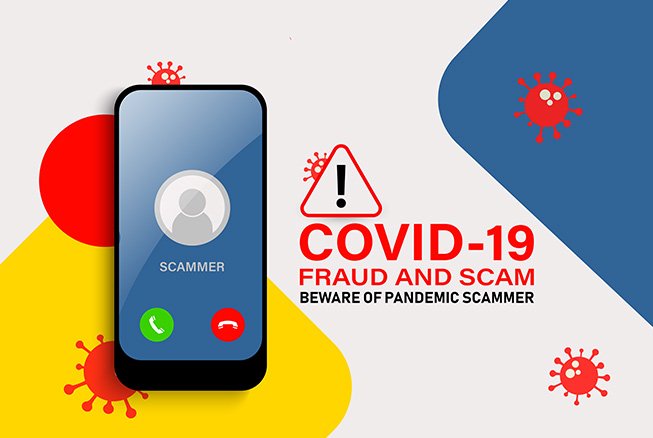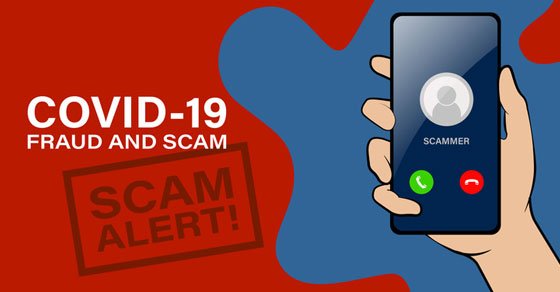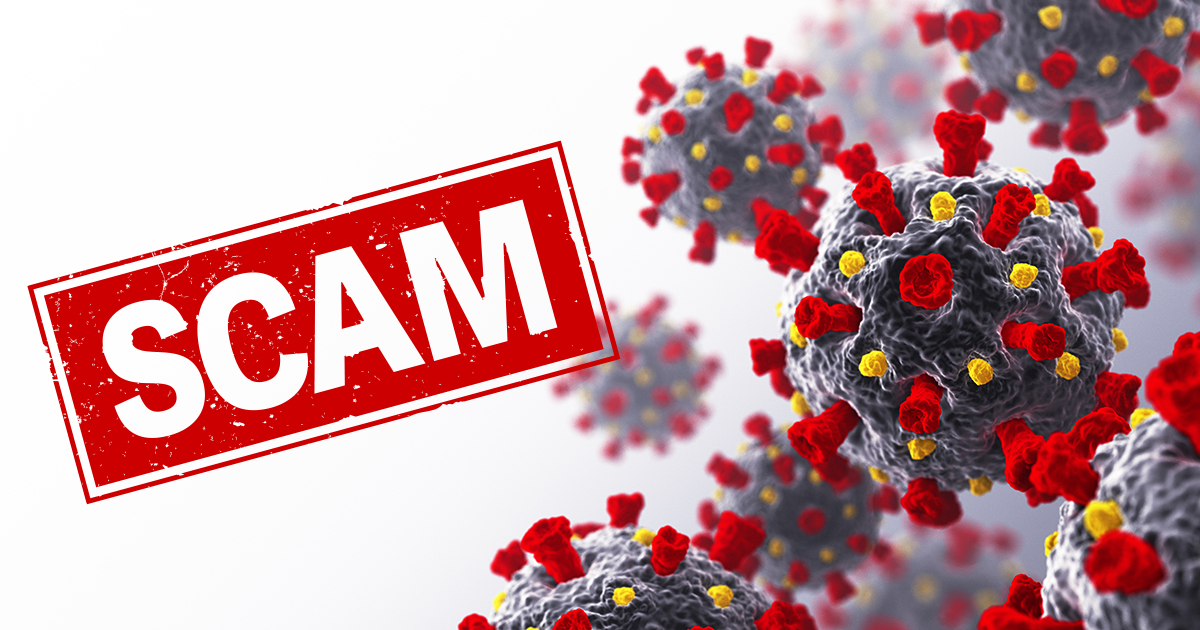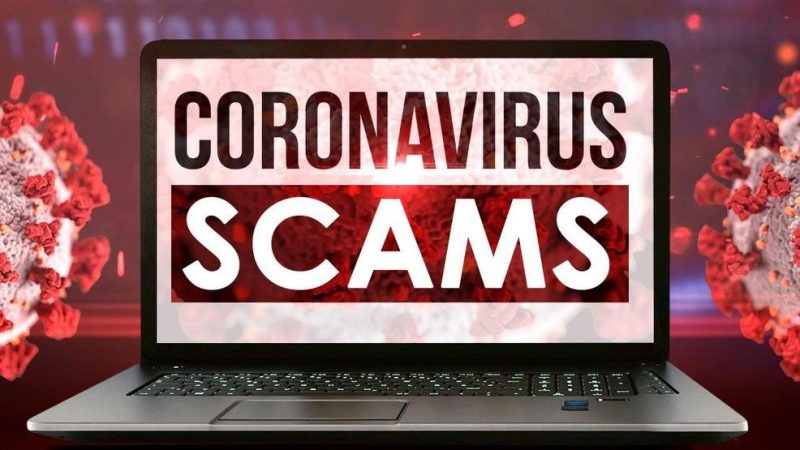Every scammer finds opportunity during vulnerable moments to leech people off their hard earned income and the covid-19 pandemic has been one of the ways since the sad breakout of the virus that these scammers use in luring their victims.
- Must Read: Everything You Need to Know About the Covid-19 Scams (Safety Guide)
This article opens our eyes to the different ways people have been victims of these scammers and guides you through preventive measures that should be considered.
According to the US Federal Trade Commission, as of March 2021, people have lost over $4.77million for Covid-19 related scams and these numbers do not include the scams that has gone unreported or couldn’t be traced.
Unfortunately, the hope of Covid-19 becoming extinct is far fetched since the virus continually mutates into different strains and so these scams cannot be put to an end for a long time coming but hopefully can be curbed with the information this article brings to you.
- Trending Article: Popular COVID-19 Scams and How to avoid them Instantly
Examples of Covid19 Scamming Techniques

Below are some examples of scamming techniques that has been used since Covid-19 breakout;
1. Fake Personal Protective Equipment
In the beginning of the pandemic, everyone wanted to have a PPE, sanitizers and other products that could help prevent us from the virus, which caused the retailers of these goods run out of them leaving people no choice but to purchase from online stores and social media marketplaces.
In the early scam, over $2million in digital coin was stolen from customers who purchased face masks, hand sanitizers and medications but never got them.
These scammers put out their products on authorized and unsuspicious sites like Amazon and E-bay but takes the customers to different sites where payments are actually made.
They go to the extent of printing out fake shipping labels to verify that the customers will get their package and most times they ship off empty boxes to them.
In order not to be victims of this type of scam, try purchasing from legitimate sources well known for authenticity and delivering whatever has been ordered from them.
Also try to confirm the vendor or distributor’s name, try asking for documentation especially if you’re placing orders in bulk in order not to get less than you ordered for.
Ensure that they are not selling counterfeit products by finding out if there are people who have bought from them.
Try to make researches about the delivery agencies and be satisfied with their conduct before you make a purchase.
- Revealed: What you need to know about Pyramid Schemes & How to Spot them
2. Cyber Scams and Attacks
In the UK, there are over 2,000 websites that sell fake covid-19 items which has been taken down by the National Cyber Security Centre.
There is a massive concern that these criminals will take advantage of the increase in the use of emails and video meetings to get into the consumers devices. Most scammers have made use of email marketing to scam people by messaging them with terms relating to covid-19, hereby taking advantage of the fear and panic that has been caused by the pandemic.
Also, some set of scammers try soliciting for covid-19 relief funds donation which does not belong to any charity organization. Some send messages branding themselves as World Health Organization trying to get you read an attached message to the sent emails which gives them an opportunity to steal information on your computer and gain access to your bank or personal information.
It is advisable that mails that are found suspicious especially when branded as medical experts asking for funds or trying to get you to open an account should be ignored. Get your video conference calls/meetings pass worded and do not post the links to these meetings in public places like your social media profile.
Avoid inputing your bank details elsewhere except for government official websites if you’re entitled to covid-19 relief fund compensation. Verify the charity organization’s authenticity before donating to covid-19 relief funds to any of the organizations.

3. Branding as Medical Personnel for Fake Tests
There has been reported cases of callers in the UK, calling the elderly ones claiming to be National Health Service, that offers help to shop groceries and supplies for those who are stuck at home because of the covid-19 pandemic.
There are also persons who call and claim to be rendering the services of installing covid-19 detection devices (which are obviously non-existent). They lure you into giving out your bank information, and claim they are going to shop for you but withdraw your money and unfortunately disappear.
There have also been cases where calls are being placed and people are offered in-house tests while they are being paid for their jobs. They also have this rule of payment before the service is rendered so that once you pay, they seize all possible communications with you.
Try ignoring offers that has to do with cures or detective devices that sadly do not exist. Be suspicious of those to claim to render the in-house test services. These test kits are best purchased in the local hospitals to avoid being scammed.
Selectively listen to the medical advices from random videos or articles that are not linked directly to either medical experts or covid-19 agencies setup by the government.
4. Researching People’s Reviews

The reviews of people should either prompt you to buy these products or lay back. When desiring to purchase anything regarding health matters, if the products such as the test kits are outrageously cheap, then you should understand it is a good opportunity to get scammed.
Anytime you want to make a purchase on any product at all, make sure you check the reviews of different buyers to confirm if they are selling legitimate products and not trying to get you scammed.
Try to make research on the platform, if they are a certified agency, check their various social media platforms and make sure you are satisfied with the reviews of others before you make a purchase.
Above all, be vigilant and try communicating with your physician before purchasing any covid-19 product you want on websites or social media. Remember these people take advantage of your fear and curiosity and sell to you in the most convincing ways possible. Be vigilant and cautious.
Here are few other handpicked articles that you will find interesting:
- The Top Common Investment SCAMS on Social Media Platforms
- Everything you need to know about Social Media Scams (Safety Guide)
- How to Easily Spot Fake Scam Reviews on Top Trending Review Websites









